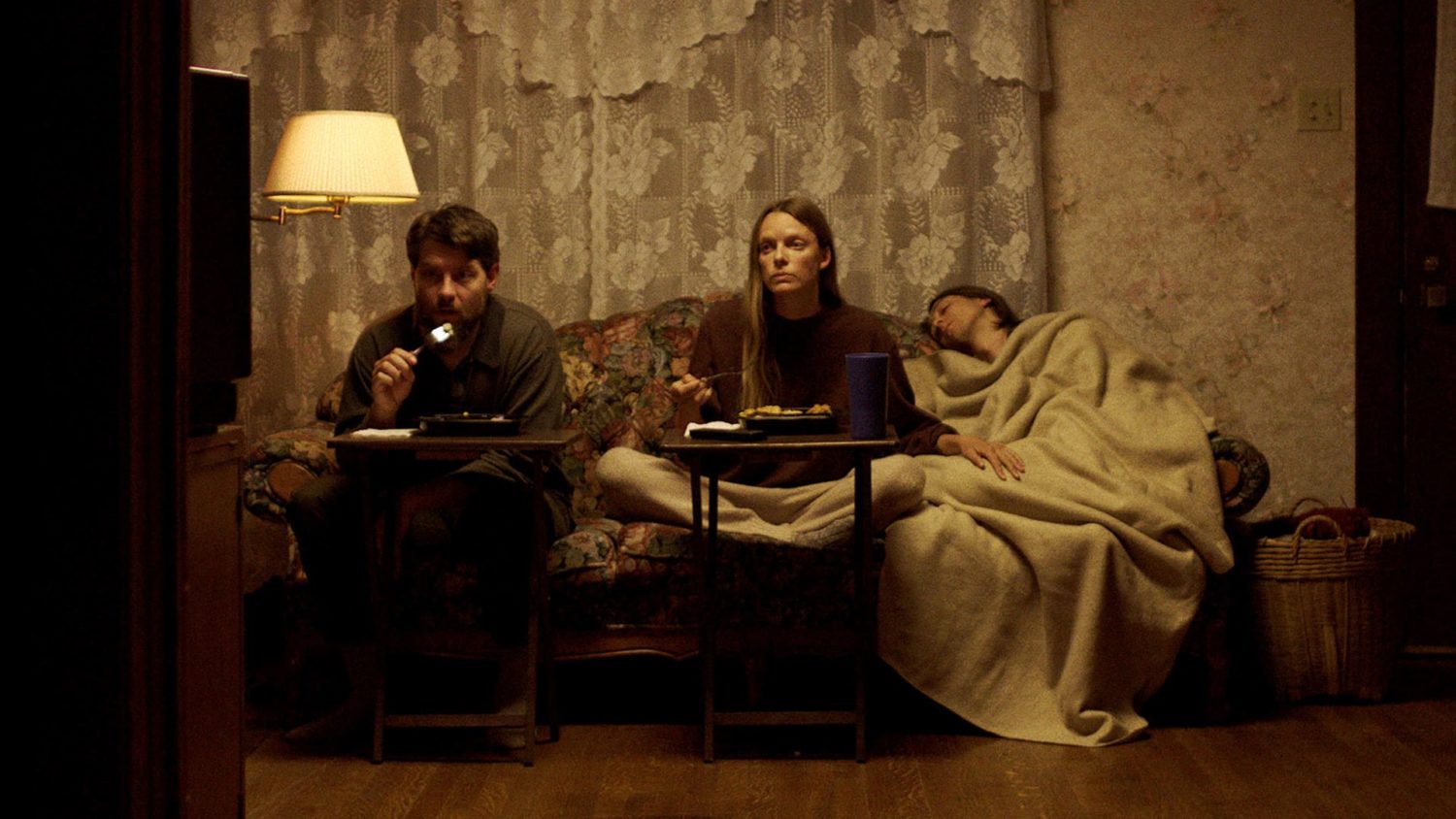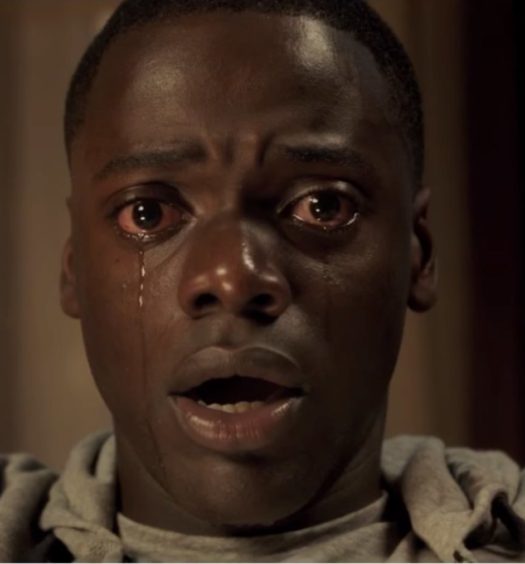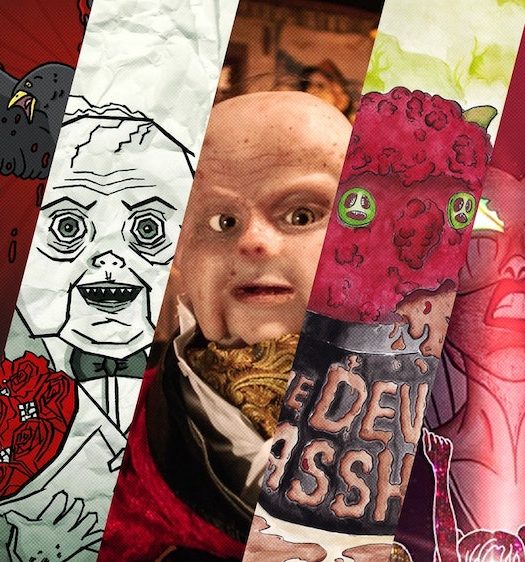Arguably the most legendary of all the horror monsters, vampires are typically shown one of two ways in film and literature.
The more popular and entertaining approach is to emphasize just how cool it is to be a vampire—the flying, the transformative powers, the eternal life, and luxurious sleep schedules. But then there are those who choose to emphasize the curse on the other side of the coin—the sun allergy, the strict diet of blood, the inability to grow old with loved ones. The best vampire characters are presented as all of the above, but the tone of the film determines which qualities are in the foreground.
With My Heart Can’t Beat Unless You Tell It To, Jonathan Cuartas leans just about as far into the downside of vampirism as the format allows. Not since Let The Right One In has a film illustrated the bleak nature of not just being a vampire but being the caretaker for one, and not since A Girl Walks Home Alone At Night has a debut feature given us such an engaging vampire story.
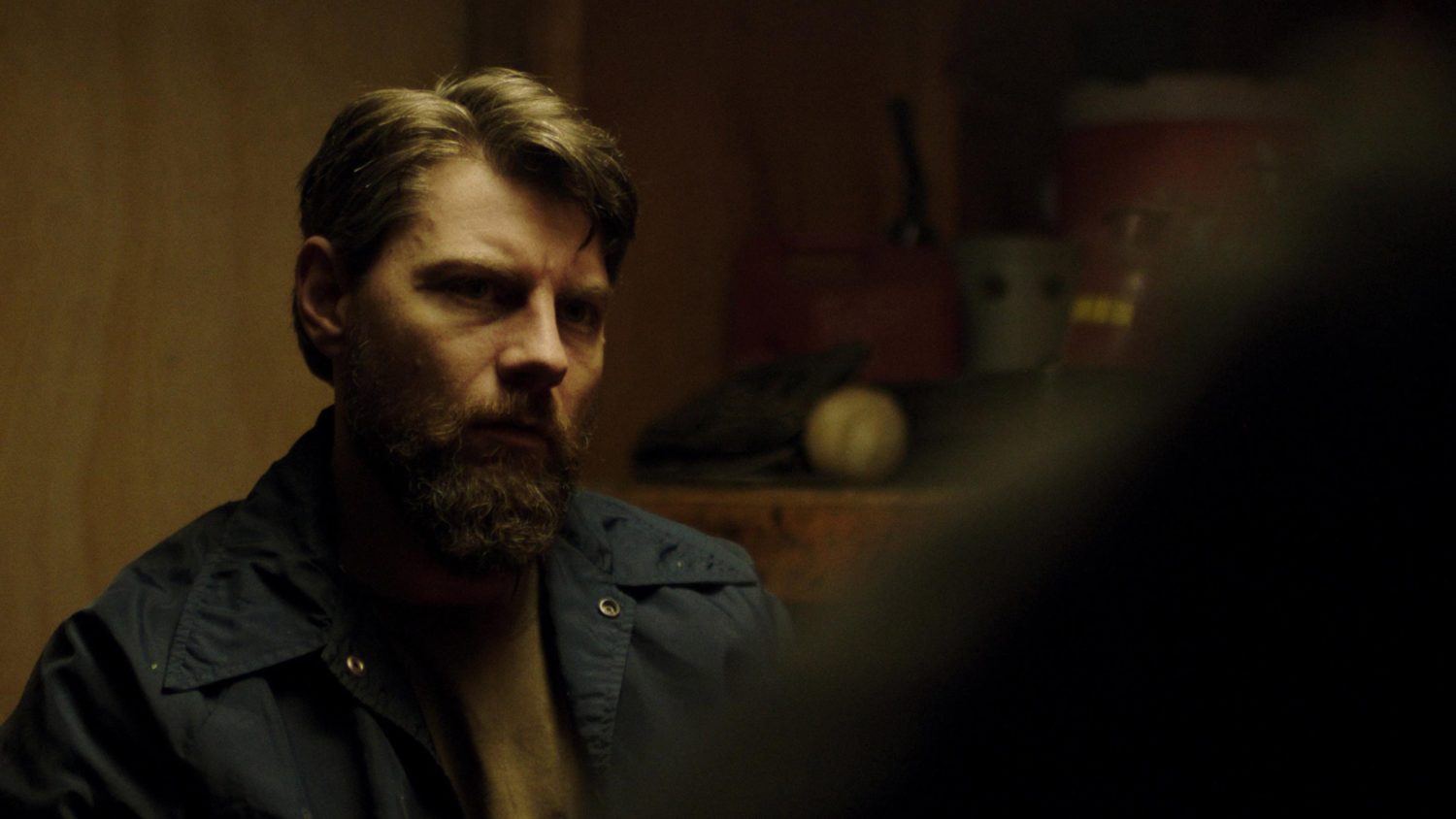
This has become their routine; they live a dead-end life in a small town while also occasionally killing vagrants and prostitutes to feed their vampire brother.
The film doesn’t make any attempt to hide its monster and wait for a big reveal. In the opening sequences, we see Dwight (played by fan favorite Patrick Fugit) pick up a homeless man, murder him, and drain his blood into a bowl for his brother, Thomas (an excellent performance from Owen Campbell of Super Dark Times). This has become the routine for Dwight and his sister, Jessie (Ingrid Sophie Schram in an equally impressive role); they live a dead-end life in a small town while also occasionally killing vagrants and prostitutes to feed their vampire brother. And unlike their brother, it’s starting to get old.
Much of the film is devoted to grounding the viewer in this daily grind. Dwight and Jessie argue about who to kill next and how to do it, all while Thomas longs for one of the simplest human needs: a friend. He has dedicated family caretakers who buy him Christmas presents every month, teach him homeschool lessons, and keep blood on the table, but they’re not enough. Thomas, in a latent rejection of his vampiric nature, just wants to go out into the sunlight and play with the neighborhood kids.
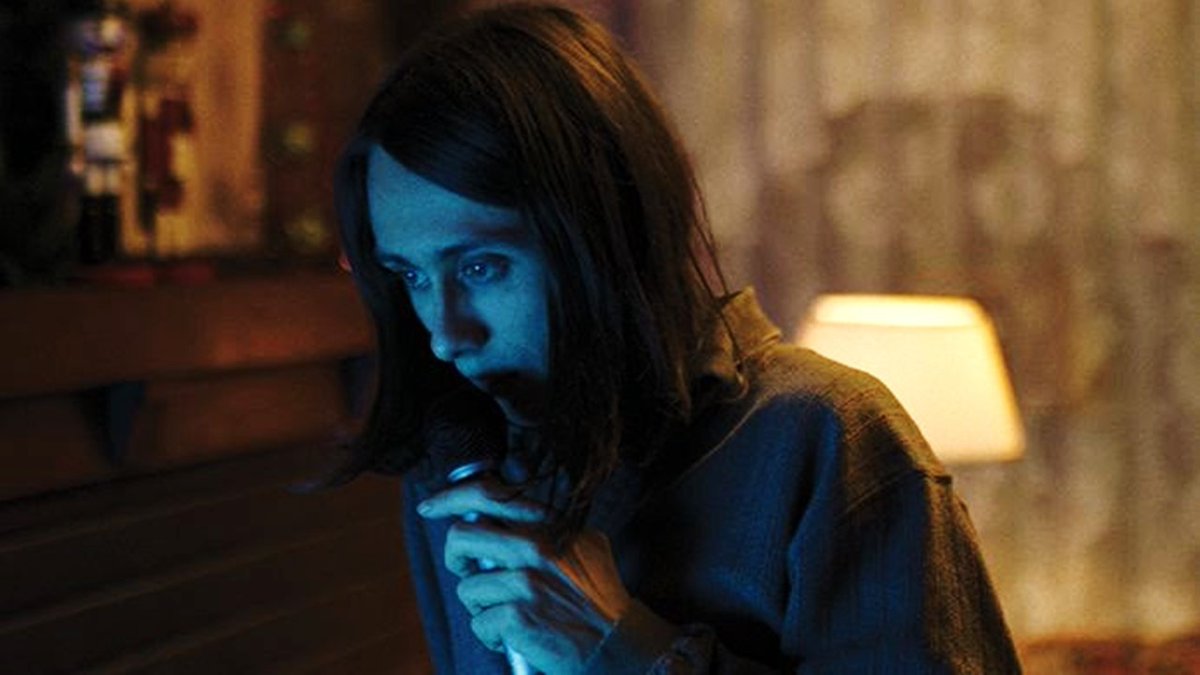
Campbell’s long dark hair and pale, wiry frame nail the look, while his potent mixture of naivety and sadness tugs at the heartstrings.
The conflict doesn’t truly kick in until later in the film, so My Heart Can’t Beat Unless You Tell It To relies on terrific performances and production design to keep viewers hooked. As Dwight and Jessie traverse their small town, the dingy buildings and earthy tones paint a dreary picture that’s perfect for hiding in plain sight. Meanwhile, back at the house (designed expertly to look as if it hasn’t been touched since the 70s), Thomas is pitch perfect as a sympathetic bogeyman; Campbell’s long dark hair and pale, wiry frame nail the look, while his potent mixture of naivety and sadness tugs at the heartstrings.
Cuartas obviously didn’t have the budget to aim for the sky in his first feature. The effects, though convincing, are limited, or avoided altogether by clever framing and editing. But he hits all his marks, getting great performances from a talented trio and putting a fresh enough spin on an age-old monster. Keep his name on your horror futures watchlist, folks.
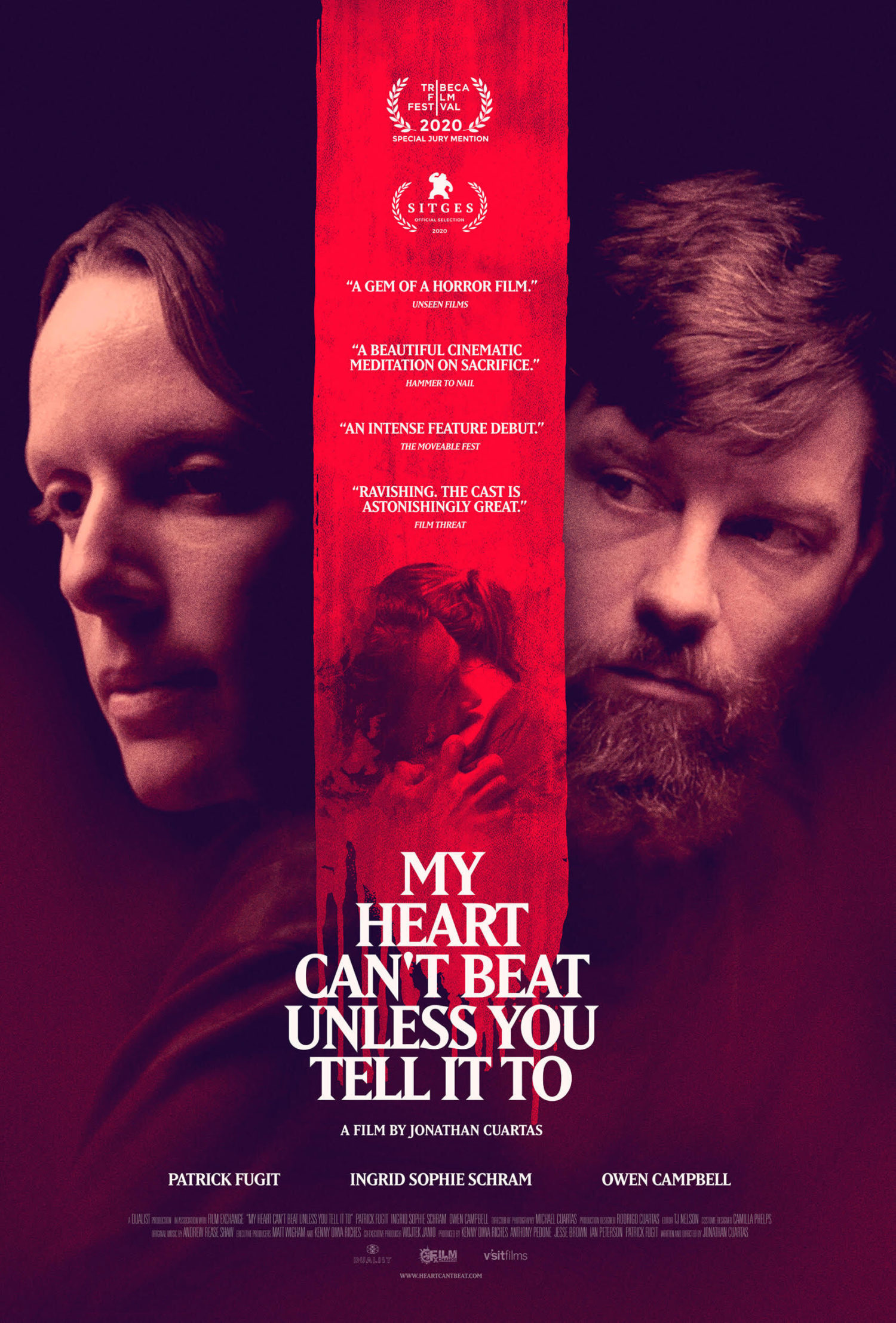
‘My Heart Can’t Beat Unless You Tell It To’ Shows the Heavier Side of Vampirism [CFF 2021]
Heavy
Light on effects but big on emotions, My Heart Can’t Beat Unless You Tell It To succeeds on the strength of its impactful performances and dreary atmosphere.

